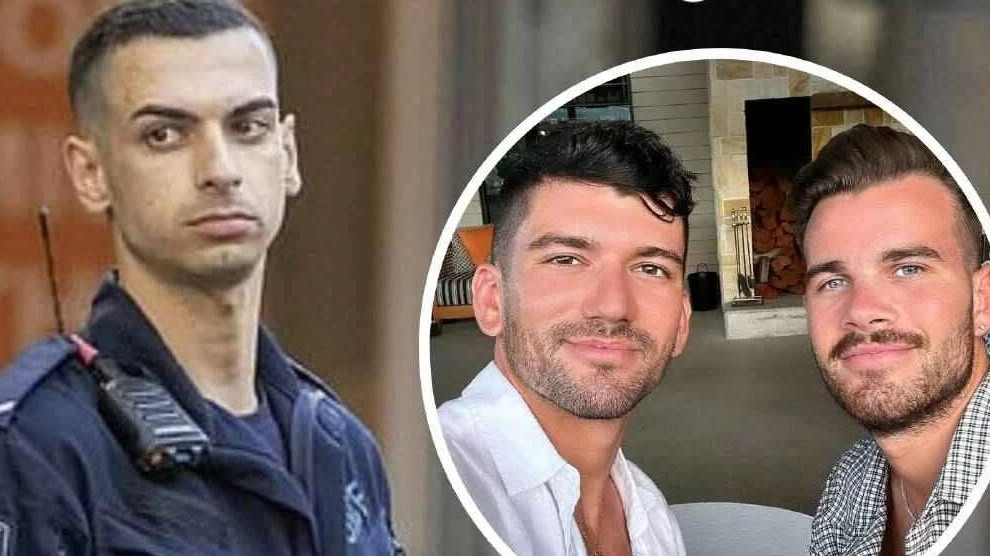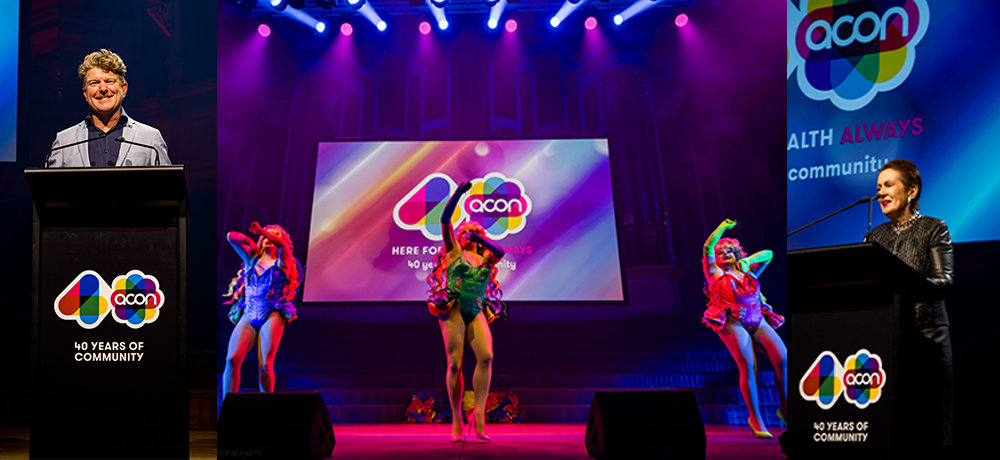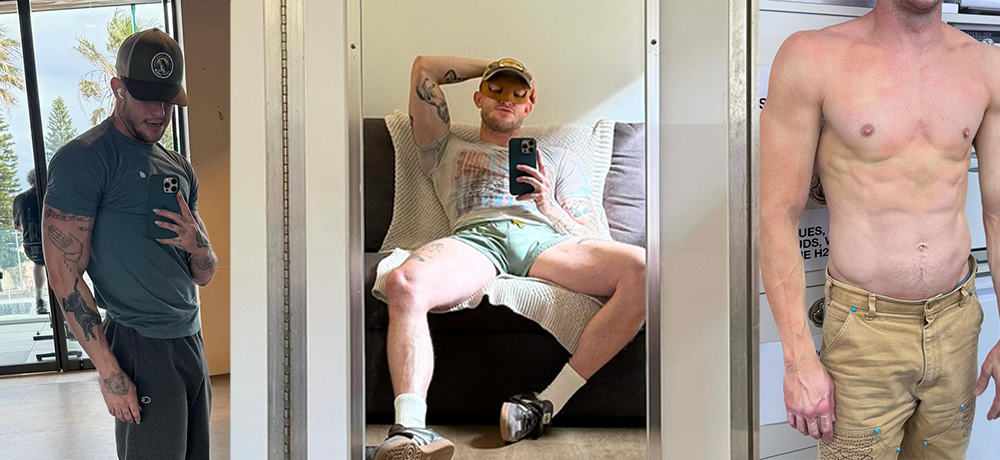
Indian advocate speaks
Sydney Star Observer’s Andrew Potts spoke to Anand Grover, UN Special Rapporteur on Health and Director of the Lawyers Collective HIV/AIDS Unit for India about his role as the lawyer in the case that ruled India’s Section 377 sodomy laws unconstitutional.
SSO: What was your interest in taking on the Naz Foundation case?
Anand Grover: I was doing a lot of HIV work. In 1988 I did the first case on HIV at the High Court of Bombay in Goa and we lost that, and in 1997 we won a very significant case on discrimination against HIV positive people. After that a lot of people started coming forward, including people from the gay and transgender communities. People started talking about harassment and blackmail and we then saw it fit to take up the challenge to Section 377.
SSO: Has this advocacy led you to a greater understanding of the situation of GLBT people?
AG: I’ve been working with the gay community and transgenders for the last two years, so I know there are issues other than the legal issues. But each portion of the community is different.
SSO: How important was the Toonen vs Australia case in arguing the case?
AG: It was important because the judges realised it was an international benchmark, so it had to be taken note of. The decision starts with international law and then it goes under the specifics of Indian law where they had to draw a distinction. But international law had an important role to play.
SSO: What is the importance of the Naz case for the other Commonwealth countries that retain similar laws?
AG: India was the first country where the British enacted this kind of law in the Indian penal code. That code was then replicated all over the Commonwealth.
For me, Section 377 represents the triumph of British Christian colonial imperialism.
They had this colonial project which was extreme puritanism, including views on sexual morality. That was the prevalent English Judeo-Christian view at that time which became replicated all over the Commonwealth.
Today when the US, Britain, or Australia object to this sort of law it is dismissed in many Commonwealth countries in the developing world as ‘a Western reaction’, not realising that this was imposed by the West in the first place.
As far as the judicial community is concerned, India taking a particular view has an impact on these countries in Asia, Africa, and Guyana and the West Indies in Latin America. It has an impact because their judges talk about it and there is discourse among the legal community, which is very important.
SSO: Part of the campaign were many famous and well-respected Indians, including Nobel Prize winner Amartya Sen and the writer Vikram Seth, signing a petition against Section 377. Since then many movie stars and pop stars have spoken out on the issue. How much influence do such individuals have in shaping public opinion in India?
AG: They are very important — the case itself allowed people to start talking about the issue. Slowly people began the discussion — parents were appearing on television, saying, ‘My child is gay, my child is lesbian and I support them’.
People started talking a lot about it, it was on all the television channels, on the talk shows. It allowed a lot of empathetic discourse to take place.
SSO: You are now a Special Rapporteur for the United Nations. Do you believe the UN can be an effective vehicle for the advancement of GLBT rights?
AG: The Toonen case was important and I think the UN has a contribution to make but at the end of the day it’s the local activists, advocates and lawyers who take the burden of challenging it.
The UN does have a role to play. UNAIDS is playing an important role in trying to convince governments not to introduce anti-sodomy laws, or further criminalise homosexuality, as is the case in Uganda, for instance.
We rapporteurs have an important role to play too, because whenever there is an issue about criminalising sodomy then rapporteurs come and make complaints. So the UN system has an important contribution to make, but it’s not the critical contribution in the whole campaign.










Side Effectts of legalizing GAYSEX in india ???
http://sideeffectsof377.blogspot.com/
377 > gay get fucked on Roads freely
377 > HEJADS do crimal activetes freely
377 > HEJADS do sexwork on Roads freely
377 > GAY & HEJADS and MsM,s Terrible
377 > No Opinion HEJADS are crimals of society
377 > Appeal for Voices Against 377’s
377 > MsM have 89% are PLHA ????
377 > Hijads have 89% are PLHA ???
377 > Most of CBO & NGO have a PLHA centers ???
377 > GAYSEX will destroy social fabric ???